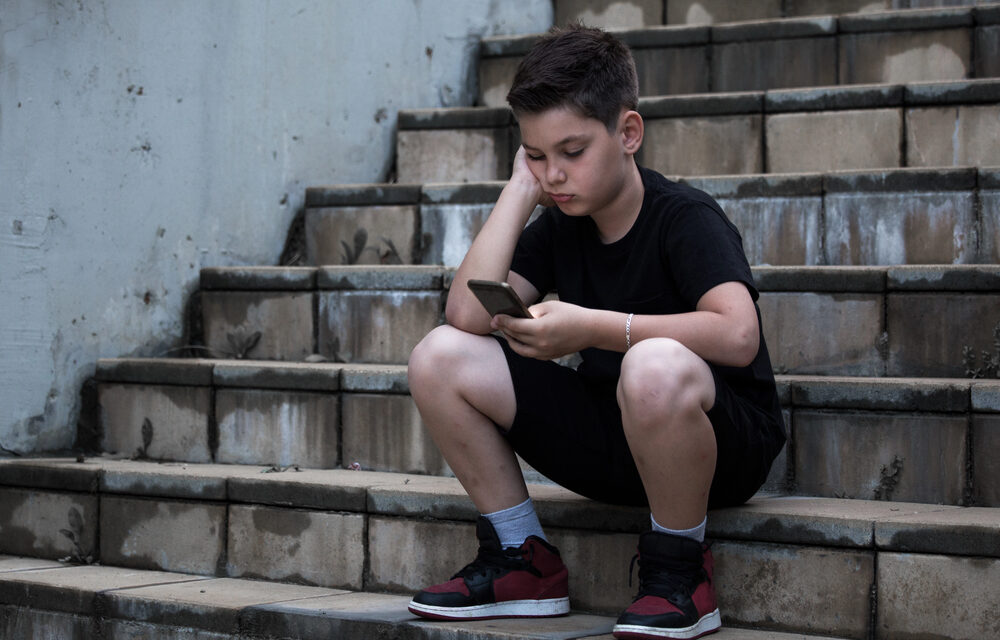How Can Parents Spot Cyberbullying?

Parenting has always been challenging, but the digital age has introduced many new hurdles. No child is immune to bullying, and most modern parents probably remember at least one time they experienced bullying as kids. However, that bullying might be very different from cyberbullying, a relatively new problem that can be extremely damaging to children.
The Cyberbullying Research Center highlights a lack of studies on cyberbullying, which makes it more difficult to understand its prevalence among today’s students. However, the National Crime Victimization Survey reported in 2022 that over one in five students who experienced bullying said they were bullied “online or by text.” Parents know that it can be challenging to supervise kids’ online activities, as they must balance respecting their children’s privacy with taking the necessary steps to ensure their safety and happiness.
Various children’s advocacy groups point out that kids are often reluctant to tell their parents they are being bullied because they fear it will worsen the situation for them. Others may hesitate to disclose that they are victims of cyberbullying, worried they will lose access to their devices. This highlights the importance of parents staying vigilant and learning how to recognize warning signs of cyberbullying.
- Feeling upset during or after using devices: Devices are a vital part of life for both adults and children, so parents should carefully monitor their children’s use of smartphones, tablets, or any other internet-connected gadgets. Cyberbullying can upset children while they are using their devices or afterward.
- Unexplained Changes in Personality: A 2024 report from the Cyberbullying Research Center states that many victims of cyberbullying report feeling depressed, sad, angry, and frustrated. The same report mentions researchers have linked cyberbullying to low self-esteem, anxiety, school violence, and suicidal thoughts, among other effects. Students showing sudden personality changes, including increased anxiety and withdrawal, may be experiencing cyberbullying.
- Unanticipated changes in friendship groups: Sudden alterations in friendships can signal that a child is facing cyberbullying. This abrupt change might happen if the child’s friends are the ones cyberbullying them, often after a disagreement. The Cyberbullying Research Center report noted that cyberbullying aggressors don’t need to see their targets’ immediate reactions to the bullying, which can make it easier for a child to bully someone who was once their close friend.
- A decline in academic performance: Cyberbullying can impact children in all areas of their lives, including their schoolwork. A nationwide study of tween cyberbullying conducted in 2020 found that 6.5 percent of tweens who experienced cyberbullying reported that it affected their school performance.
A decline in physical health, changes in sleep patterns, avoiding social activities like extracurriculars, and behaviors showing kids are lonely are additional warning signs that children might be cyberbullied. Parents should take any of these signs seriously. For more information about cyberbullying, visit cyberbullying.org.









